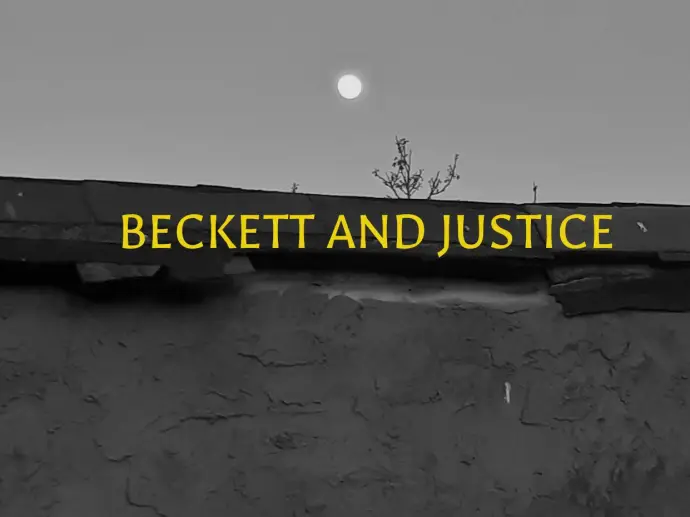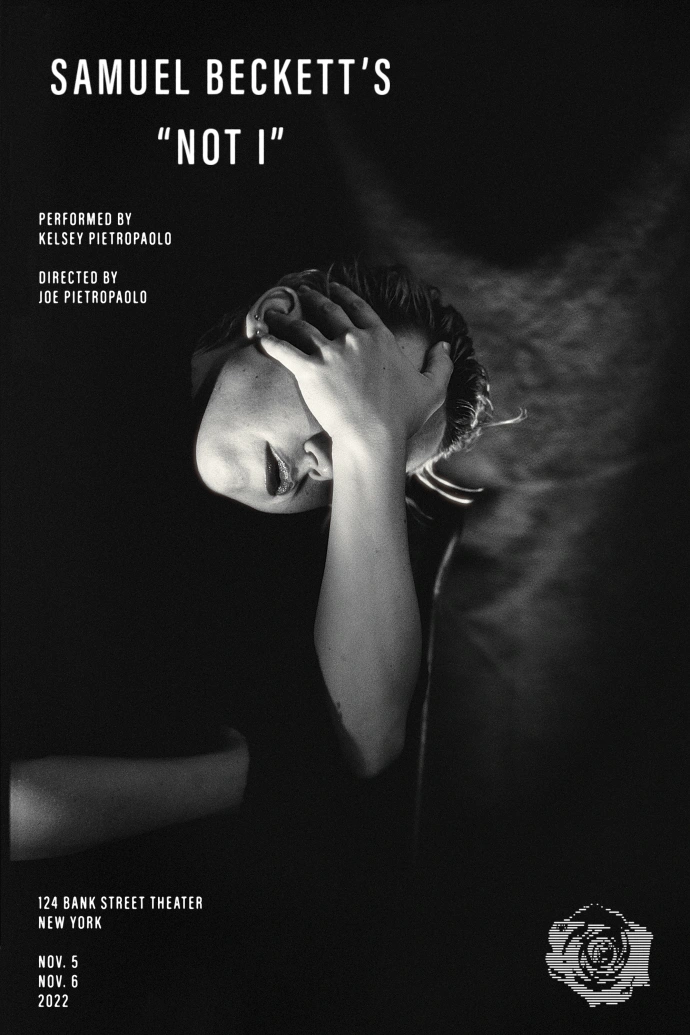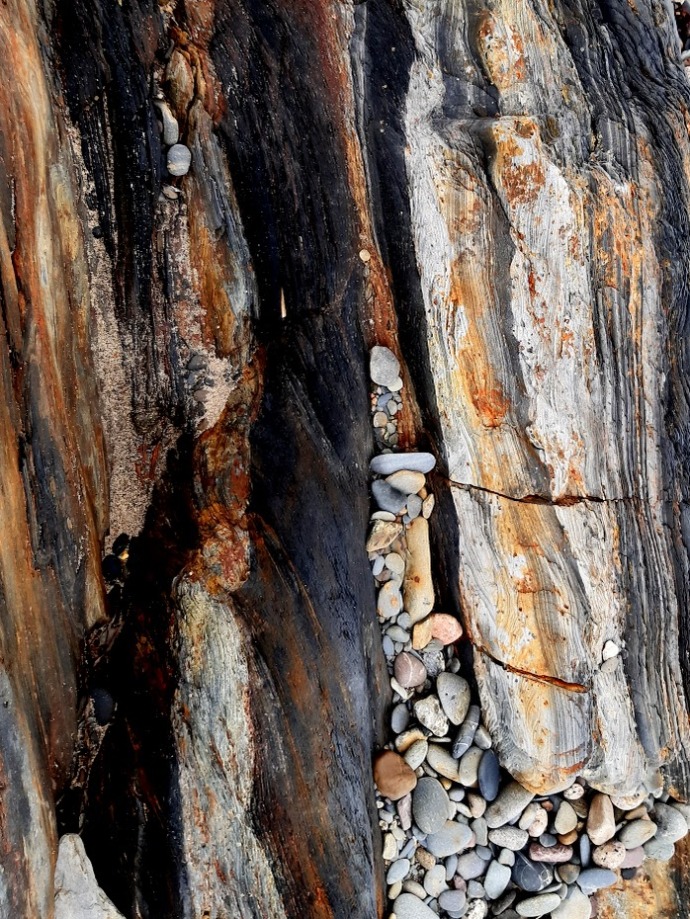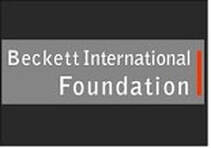Beckett and Justice, Cal State LA, June 6-8 2024 In the wake of the highly successful 8th Annual Conference of the Samuel Beckett Society, a reminder that the closing date for submissions for next year’s Annual Conference, Beckett and Justice, is next Friday, 8 December. Abstracts should be sent to beckettandjustice@gmail.com. As previously announced, the…
Read More







